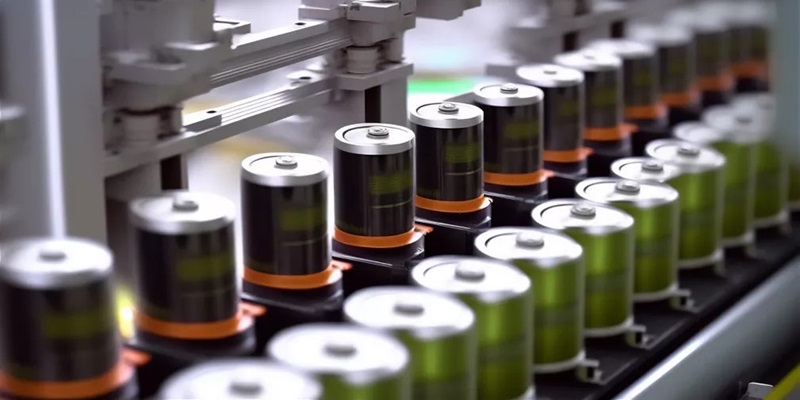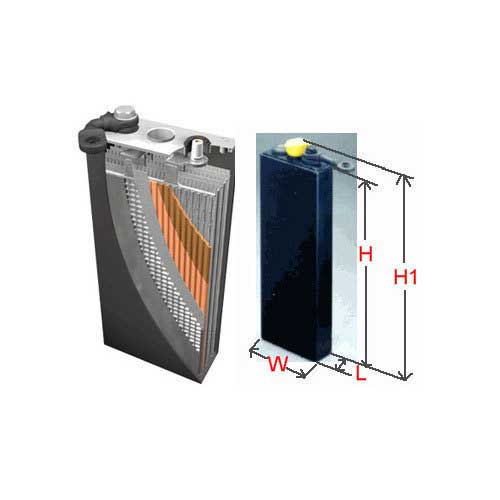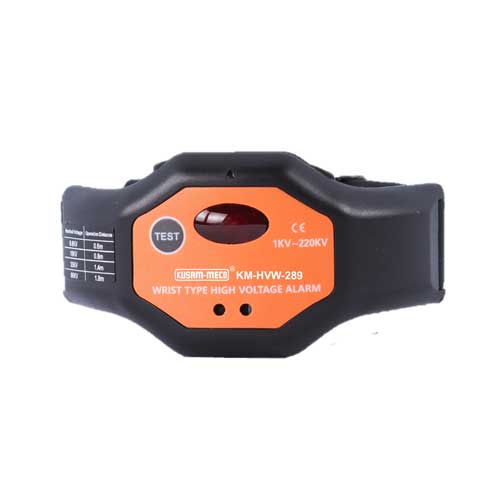Schedule a Call Back
Lithium-ion battery storage: India’s import dependency to fall to 20% by FY27
 Industry News
Industry News- Nov 15,24

Related Stories

Lithium-ion battery storage: India’s import dependency to fall to 20% by FY27
The GoI has taken initiatives on several demand-side measures, such as Faster Adoption and Manufacturing of Electric Vehicles (FAME) scheme, Viability Gap Funding (VGF) scheme for Battery Energy Sto..
Read more
Global battery manufacturing equipment market to reach $30 billion by 2029
Despite a somewhat pessimistic forecast for market revenue, demand from all regions continues to drive the battery equipment market.
Read more
Amara Raja to launch battery recycling operations in TN by November end
Currently, 83% of the lead in the company’s manufacturing comes from recycled sources.
Read moreRelated Products

Forklift Battery
Aatous International is a manufacturer and solution provider of a wide range of forklift battery.

Wrist Type High Voltage Alarm
‘KUSAM-MECO’ has introduced a new wrist Type High Voltage Alarm Detector - Model KM-HVW-289 having a wide sensing range from 1kV-220 kV AC.
Servotech Power Systems files 2 patents for energy management technologies
Servotech Power Systems, a leading manufacturer of EV chargers and solar solutions, has announced that it has filed two patents for innovative energy management technologies in order to facilitate gri Read more












